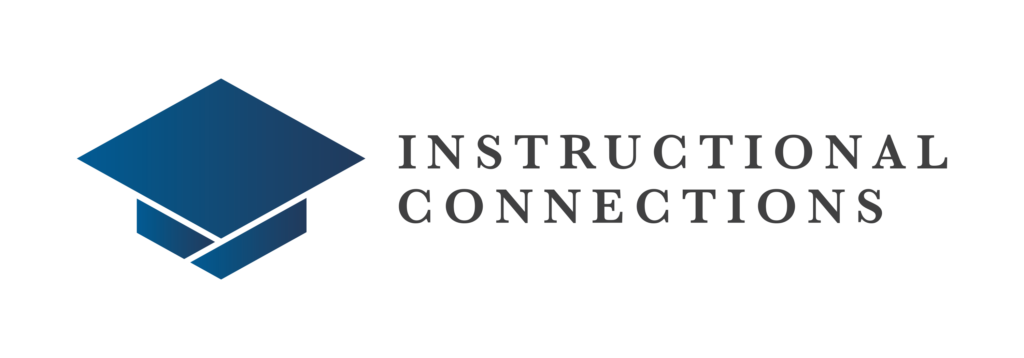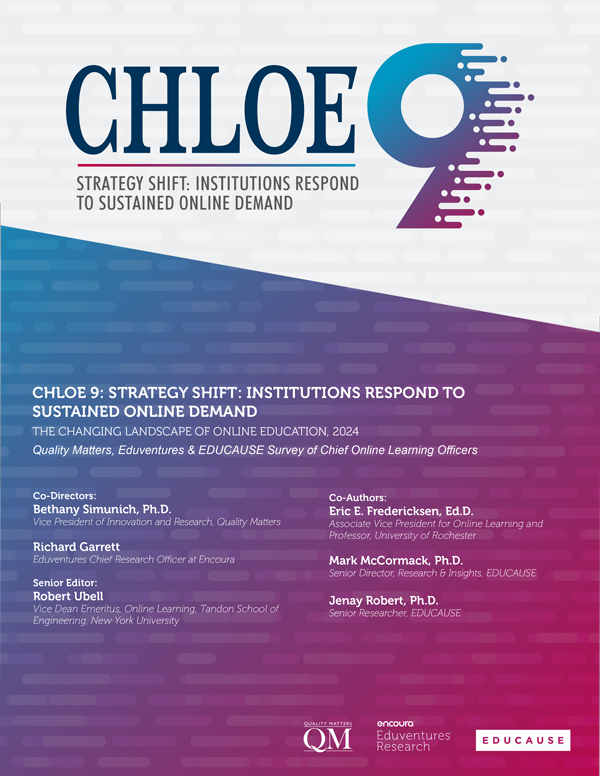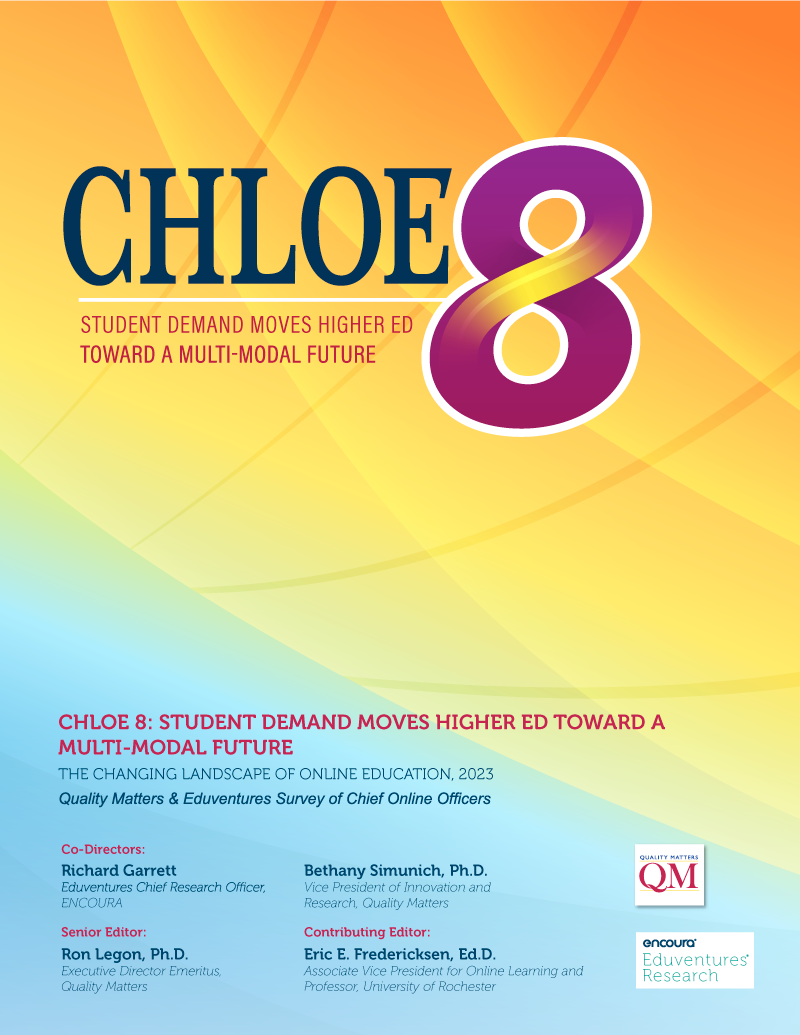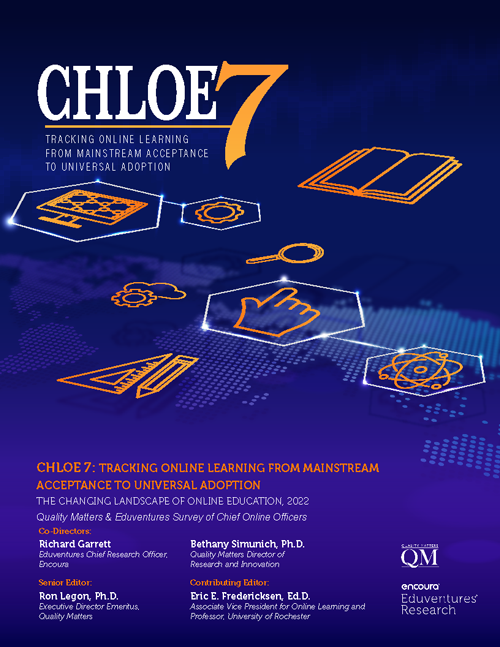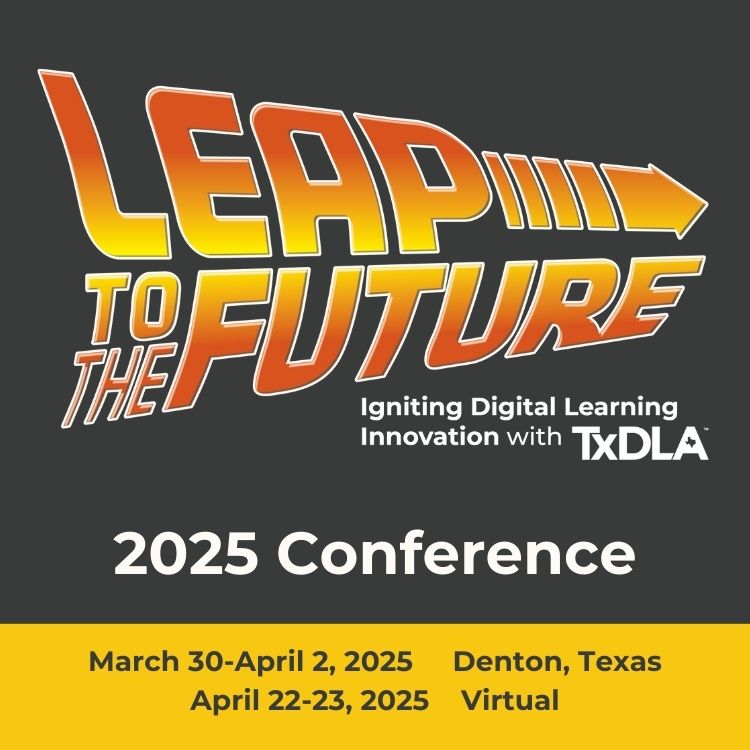In the ever-evolving realm of distance education, the position of the Academic Coach, which may also be referred to as a Virtual Teaching Assistant or Course Assistant, has emerged as a crucial element in delivering successful and scalable programs. These unsung heroes provide essential support to faculty, facilitating the delivery of engaging and extensive online courses with ease. By bridging the gap between students and faculty, Academic Coaches not only enhance student engagement but also facilitate a smoother learning experience for everyone involved. As colleges and universities strive to expand their digital offerings, understanding the strategic importance of these Academic Coaches becomes imperative. Join us as we explore how Academic Coaches are revolutionizing online learning and shaping the future of education. For more detailed insights, visit this guide.
The Role of Academic Coaches
Academic Coaches are pivotal in the online education landscape, providing essential support to both students and faculty. Their roles are multifaceted, with a primary focus on enhancing student engagement and supporting faculty effectively. This section delves into how Academic Coaches fulfill these crucial functions and the impact they have on the educational experience.
Enhancing Student Engagement
Academic Coaches play a significant role in boosting student engagement by fostering strong connections between students and the course material. Engagement is crucial as it directly correlates to student success and retention. By participating in discussion threads and providing timely feedback, coaches ensure that students remain actively involved in their learning process.
Moreover, coaches help students make meaningful connections with the content, enhancing their understanding and interest. This human interaction often translates into higher motivation levels and improved academic outcomes.
Real-world examples highlight how coaches encourage participation. A study involving online courses revealed that students who interacted regularly with coaches had higher engagement levels. Research about student perceptions can be found in this white paper.
Supporting Faculty Effectively
Supporting faculty is another critical responsibility of Academic Coaches. They assist with grading, manage discussion threads, and address student inquiries, allowing faculty to focus on curriculum delivery. This collaborative approach ensures that the faculty of record can dedicate more time to course oversight, outcomes, interventions, and strategic planning.
Academic Coaches are trained to maintain compliance with educational standards and use Learning Management Systems (LMS) efficiently. This comprehensive preparation enhances faculty support and contributes to a streamlined educational process.
A case study from online programs showed that faculty members with Academic Coaches experienced a significant reduction in administrative burdens. As a result, they could concentrate more on teaching and less on administrative tasks. For additional information, please refer to this research.
Benefits of Scaling with Coaches
Scaling online programs effectively is a significant advantage of implementing and using Academic Coaches. They enable institutions to manage increasing student numbers without compromising quality. This section examines how coaches facilitate the scaling and management of large online courses, ultimately improving overall program success rates.
Managing Large Online Courses
Managing large online courses presents significant challenges, but Academic Coaches provide an effective solution by preserving the quality of education and enhancing student interaction. They facilitate the division of one large course into smaller, more manageable groups under the guidance of a single faculty member.
-
Coaches are assigned to specific student groups for the entire duration of the course, working under the close supervision of the faculty of record.
-
They efficiently handle grading, provide timely feedback, and address inquiries promptly, ensuring that no student feels neglected or is left waiting for a response for days.
-
This approach creates a small classroom atmosphere for the students, preventing them from feeling overwhelmed or lost among a large number of classmates.
-
By effectively managing these groups, coaches help maintain a cohesive and supportive learning environment.
-
With the faculty overseeing the Academic Coaches, grading can be closely monitored to ensure alignment with the faculty’s expectations, thereby maintaining consistent grading standards for the entire cohort.
This structured approach enables educational institutions to accommodate more students without compromising the quality of education, maximizing their faculty resources. Efficient course management becomes achievable, often resulting in increased student satisfaction.
Improving Program Success Rates
Academic Coaches significantly influence program success rates by providing targeted support to students and faculty. Their involvement often leads to higher course completion rates and improved student satisfaction. Success is often measured by a student’s ability to achieve their academic goals, facilitated by the guidance of their coaches.
In practice, programs that integrate Academic Coaches experience a noticeable improvement in graduation rates. Students report feeling more supported, which contributes to their overall success and motivation to complete courses.
Data-driven insights from various studies confirm that Academic Coaches have a positive impact on student retention and completion rates. Implementing these practices can yield substantial benefits for both educational institutions and their students.
Measuring Coaching Impact
Evaluating the impact of Academic Coaches is crucial for understanding their role in educational success. Institutions typically gauge their effectiveness through student feedback, course completion rates, and faculty satisfaction. Feedback is collected through surveys and evaluations conducted at the end of each course.
-
Student feedback offers insights into the coach’s effectiveness in enhancing the learning experience.
-
Course completion rates provide quantitative data on the coach’s impact.
-
Faculty satisfaction surveys assess the support that coaches offer.
By continuously analyzing these metrics, institutions can refine their curriculum and delivery strategies while upholding the highest educational standards. Ongoing enhancements to online education practices are vital for successful scaling and improved student outcomes.
